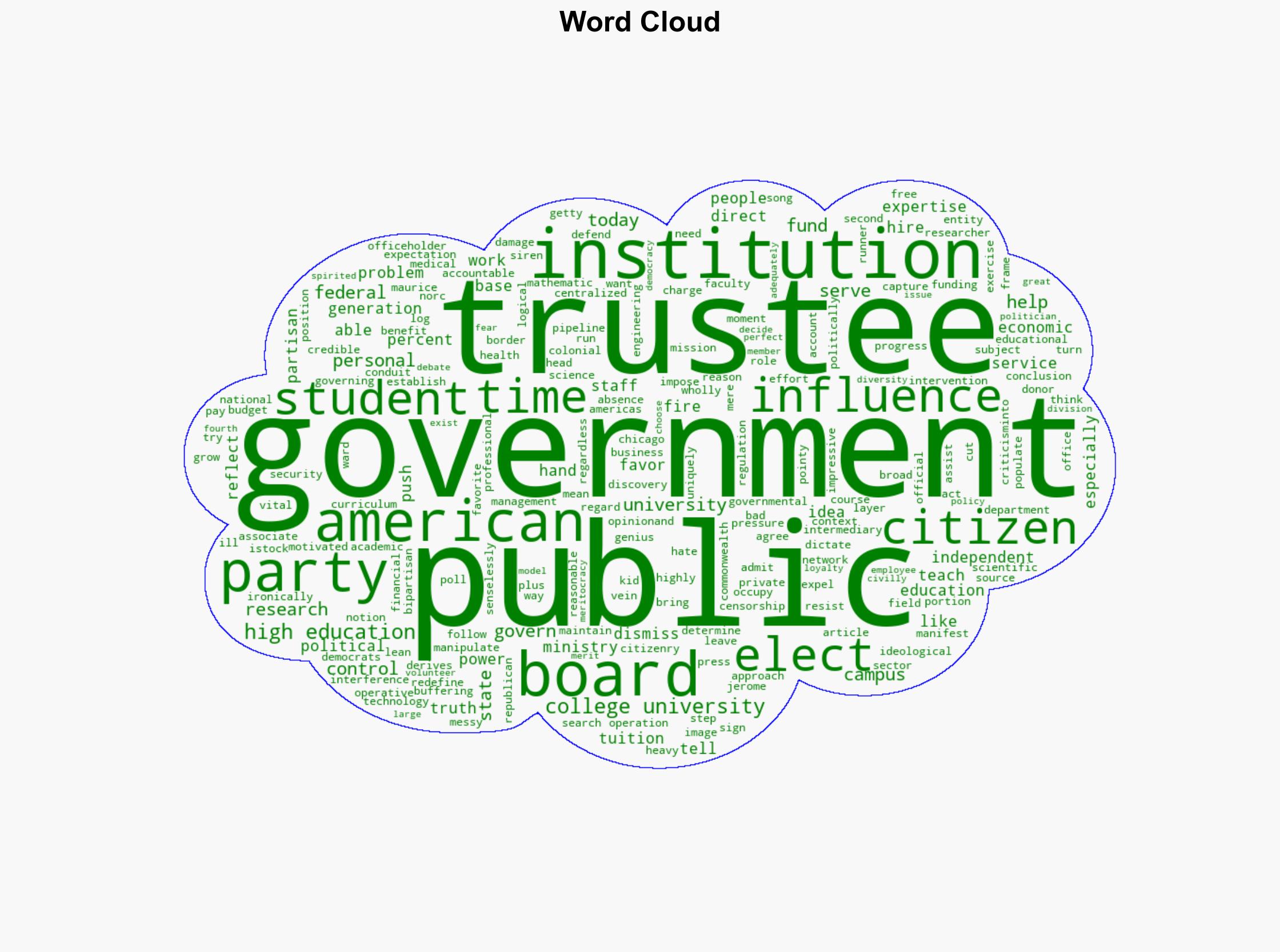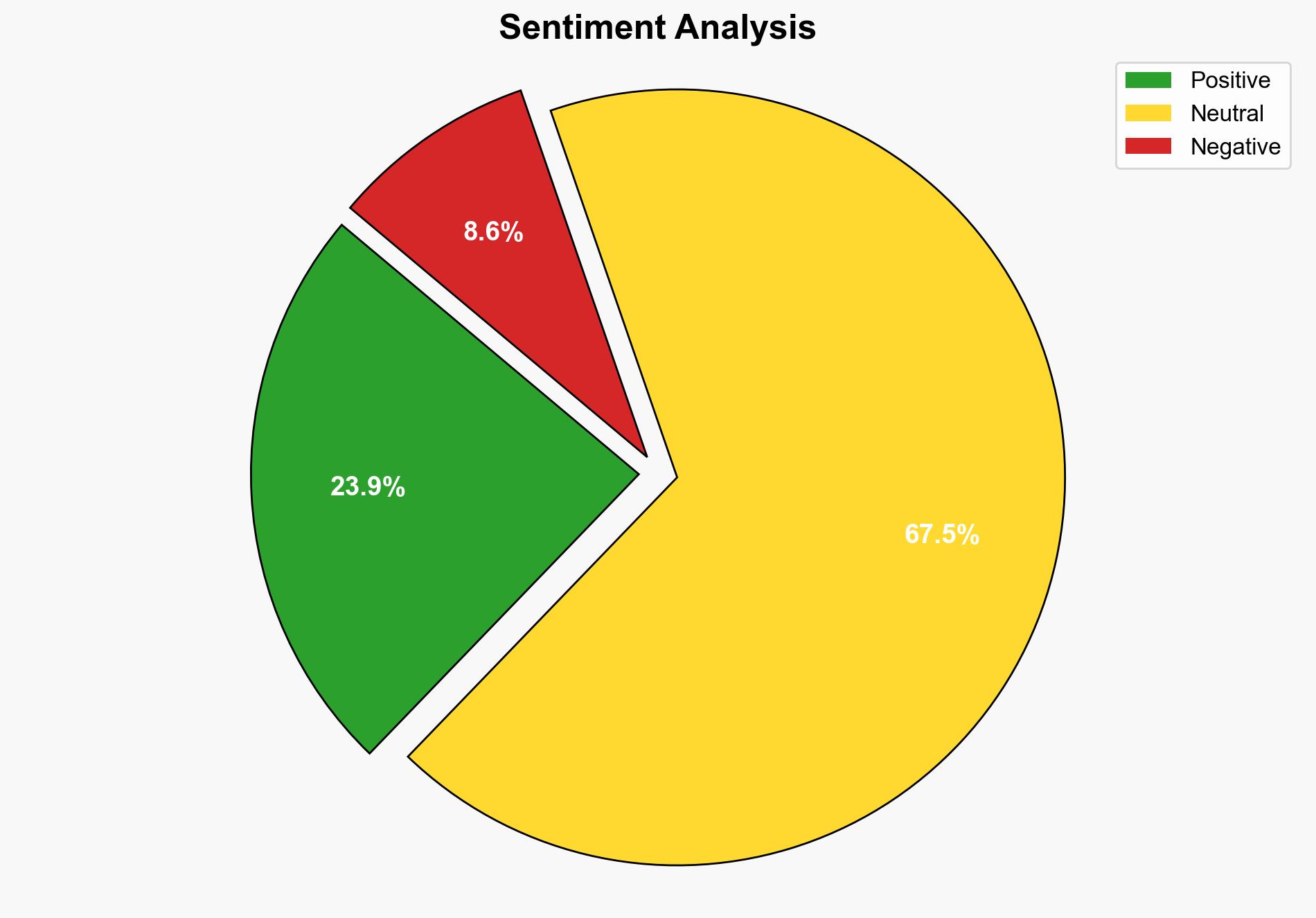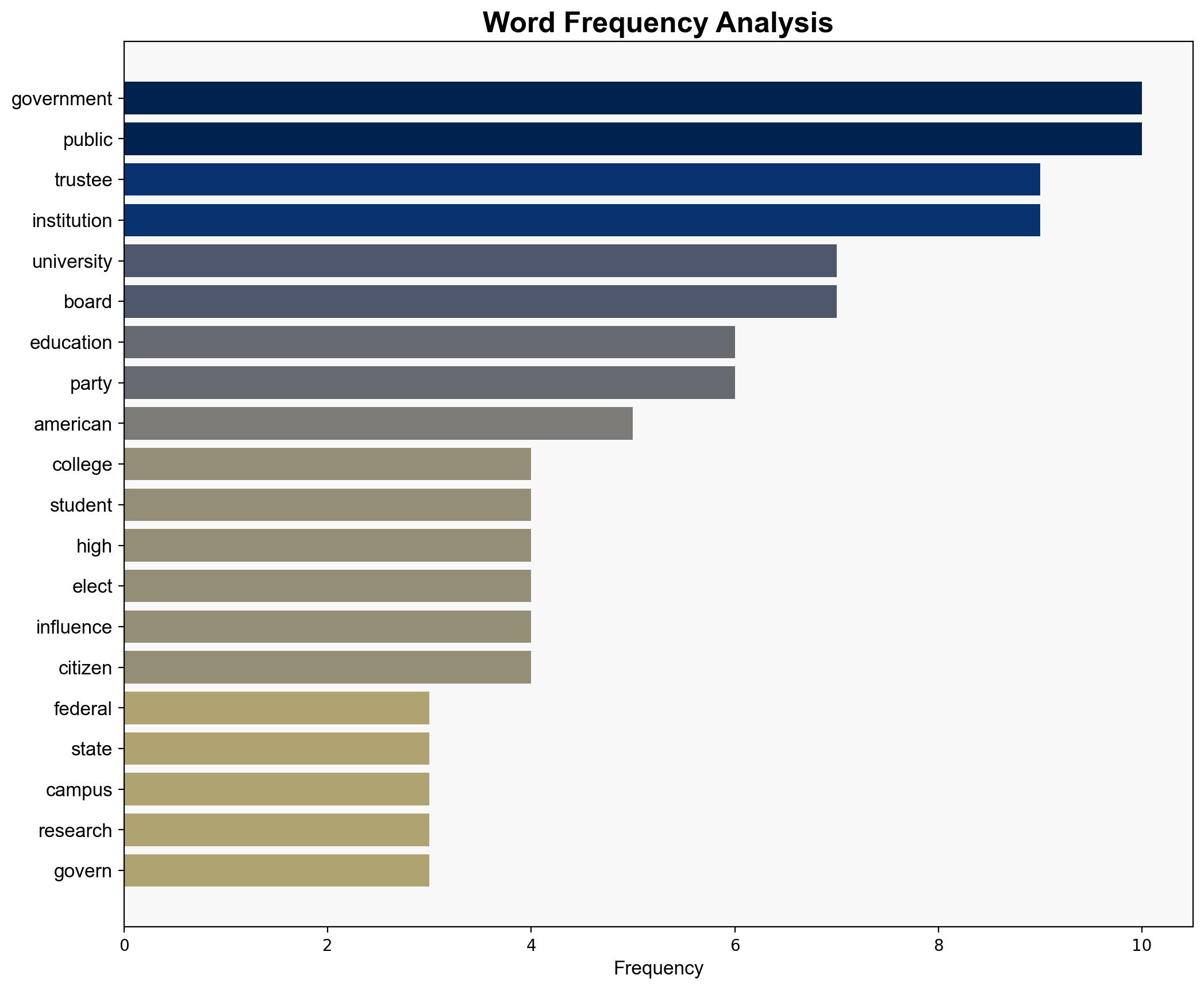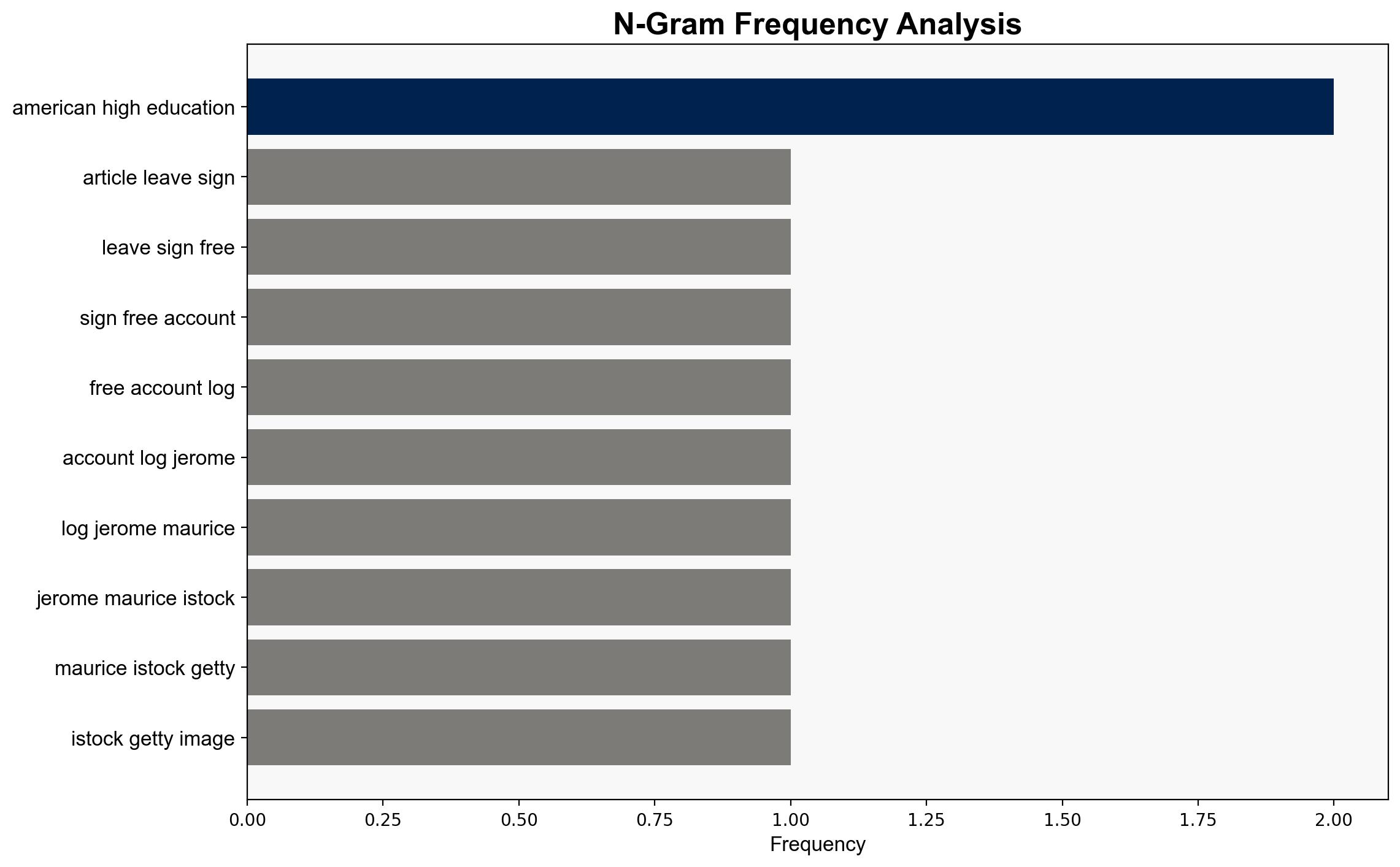The Trust in Trustee – Inside Higher Ed
Published on: 2025-09-09
Intelligence Report: The Trust in Trustee – Inside Higher Ed
1. BLUF (Bottom Line Up Front)
The most supported hypothesis is that the increasing governmental influence on higher education governance, particularly through trustees, poses a risk to the independence and effectiveness of academic institutions. Confidence level: Moderate. Recommended action: Advocate for policies that reinforce the independence of educational institutions while ensuring accountability through transparent governance practices.
2. Competing Hypotheses
Hypothesis 1: Governmental influence on higher education governance is increasing, leading to potential ideological capture and loss of institutional independence. This could result in trustees acting as partisan operatives rather than neutral overseers.
Hypothesis 2: The current structure of trustee governance effectively balances public accountability with institutional independence, preventing excessive governmental influence and maintaining the integrity of academic operations.
Using ACH 2.0, Hypothesis 1 is better supported due to evidence of governmental pressure and public discourse advocating for more direct control over educational institutions. Hypothesis 2 lacks sufficient evidence of effective checks and balances currently in place.
3. Key Assumptions and Red Flags
Assumptions:
– Hypothesis 1 assumes that governmental influence inherently leads to ideological capture.
– Hypothesis 2 assumes existing governance structures are adequate to prevent undue influence.
Red Flags:
– Lack of detailed data on trustee decision-making processes.
– Potential cognitive bias in interpreting governmental actions as solely negative.
– Absence of clear metrics for evaluating the effectiveness of trustee governance.
4. Implications and Strategic Risks
The potential for increased governmental influence could lead to a homogenization of academic discourse, stifling innovation and critical thinking. This may also result in reputational damage to institutions perceived as politically biased. Additionally, there is a risk of escalating tensions between academic institutions and government entities, potentially leading to funding cuts or regulatory challenges.
5. Recommendations and Outlook
- Advocate for policies that reinforce the independence of educational institutions while ensuring accountability through transparent governance practices.
- Encourage the development of clear guidelines for trustee roles to prevent partisan influence.
- Scenario Projections:
- Best Case: Strengthened governance structures lead to enhanced institutional independence and innovation.
- Worst Case: Increased governmental control results in ideological conformity and reduced academic freedom.
- Most Likely: Continued tension between government and academia with sporadic instances of partisan influence.
6. Key Individuals and Entities
Jerome Maurice (mentioned in the context of the article).
7. Thematic Tags
national security threats, governance, education policy, ideological influence





